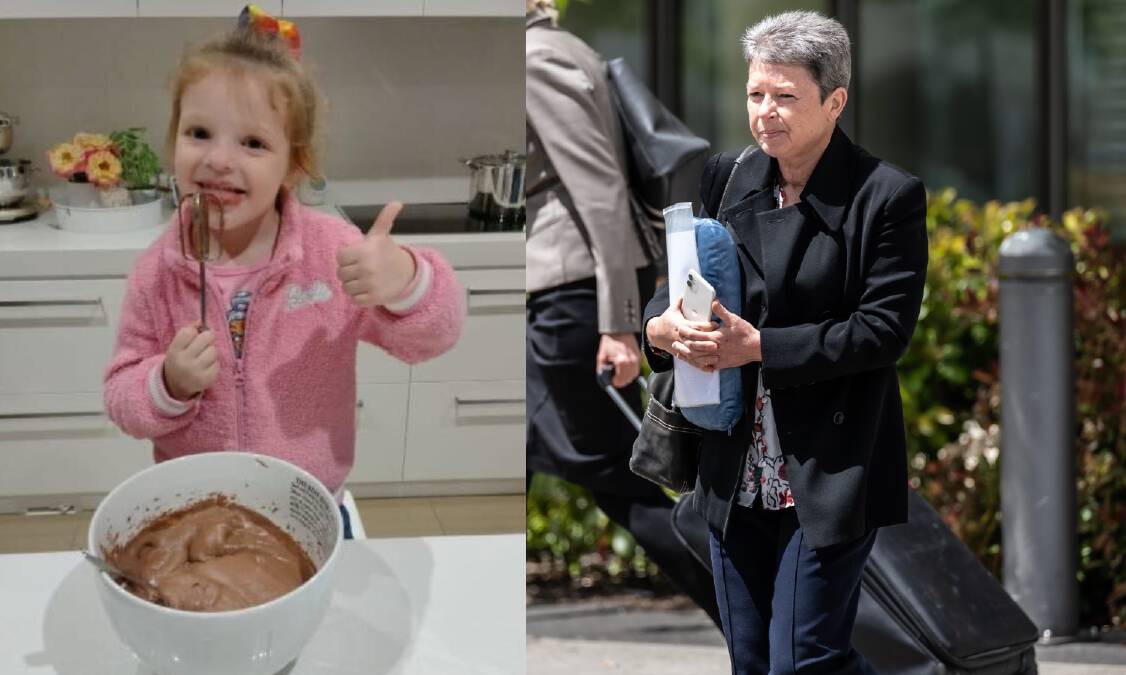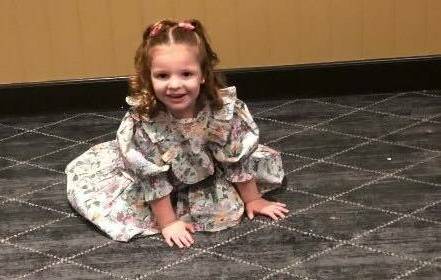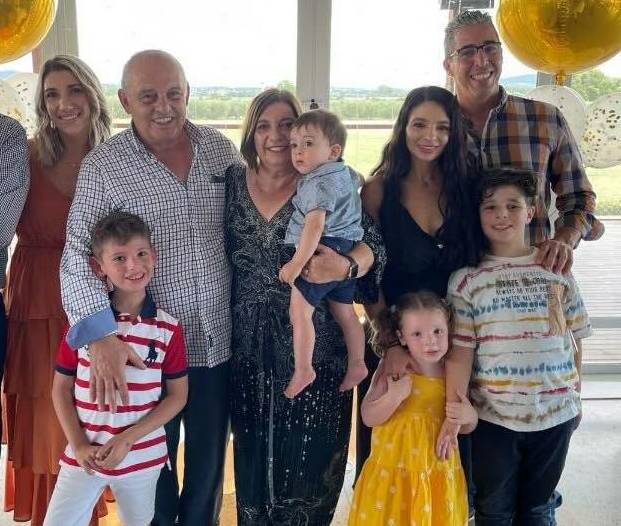Caring for sick children is "challenging" in the ACT and Canberra should have a dedicated space in the emergency department for children, a paediatrician says.
On Friday, Dr Anne Mitchell gave evidence at an inquest into the death of her former patient at Canberra Hospital, five-year-old Rozalia Spadafora.
Referring to her attempt to gain assistance from intensive care unit staff to help treat Rozalia, Dr Mitchell said as it was an adult ICU, staff were not trained to treat children.
"Children aren't just little adults so you do require someone who's trained [in paediatrics]," she said.
"It can be challenging when you have a sick child to look after them in Canberra."
Another paediatrician, Dr Callum Jarvis, previously told the court two intensive care unit doctors would not assess Rozalia when he asked them to.
He said he had the impression that was because they were not used to seeing child patients.

Separate emergency department for children
A Canberra Health Services spokesperson told The Canberra Times "in July 2022, Canberra Hospital's Intensive Care Unit did not have dedicated paediatric beds".
According to the ACT Health website, the unit now has dedicated paediatric bays.
Dr Mitchell said Canberra Hospital should have a separate paediatric entrance at the emergency department, and more dedicated intensive care beds and staff for children.
"I don't think they should stand in line with everybody else," she said.
"I do think children need to be seen separately."
Dr Mitchell agreed it was "unacceptable" Rozalia waited five hours in the emergency department before being seen by a doctor.
"Yes it is, but it reflects the busyness of the hospital," she said.
While having 22 children in care was once unusual, it was "more than normal" towards the end of her time working there, Dr Mitchell said.

Canberra Hospital is being expanded, with a new emergency department expected to open in 2024.
ACT Health's Child and Adolescent Services Plan 2023-2030, released last year, said they hope to have a separate entrance and triage area for children in the new Canberra Hospital emergency department.
It would maintain "close collaboration and proximity to the adult" ED, but have paediatric trained medical and nursing staff.
A new intensive care unit will have twice as many currently available beds, from 30 to 60, including four dedicated paediatric beds.
Rare condition, doctor says
Rozalia is believed to have ultimately died from a heart condition, myocarditis, caused by an influenza A infection.
Dr Mitchell said she only seen myocarditis in children twice before, and those patients presented differently to Rozalia.
"Myocarditis is a rare condition. Yes, it's on the radar, but it's very rare," she said.
"When you only see a condition once every 10 years, rather than once a week, [you are less likely to make a quick diagnosis]."

Dependence on Sydney
Dr Mitchell and her colleague Dr Jarvis both acknowledged they separately failed to recognise issues in an electrocardiogram (ECG) taken of Rozalia's heart.
Both said while the scan showed a fast heart rate, they thought the results were "normal".
Counsel assisting Michael Fordham SC asked Dr Mitchell if it would have been helpful to have a paediatric cardiologist on site.
Dr Mitchell said Canberra Hospital "had a very good cardiac service from Sydney" and if she had suspected the ECG showed an abnormality, she would have sent it to them.
"I don't know that having a cardiologist [would have made a difference]," Dr Mitchell said.
Dr Mitchell said she sought help from a specialist at the Children's Hospital at Westmead, in Sydney, when she became concerned treatment was not helping Rozalia recover.
On advice from this specialist, she ordered a troponin test at 7am, but did not see the results until midday.
Rozalia would have ultimately needed treatment in Sydney in order to survive, Dr Mitchell said.
She did agree having a local paediatric intensive care specialist may help in stabilising children before they are transported to Sydney.
While the doctor tried to organise transport via the Newborn and Paediatric Emergency Transport Service (NETS), Rozalia was not stable enough to leave and ultimately died from a cardiac arrest.
The inquest will continue on Monday.







